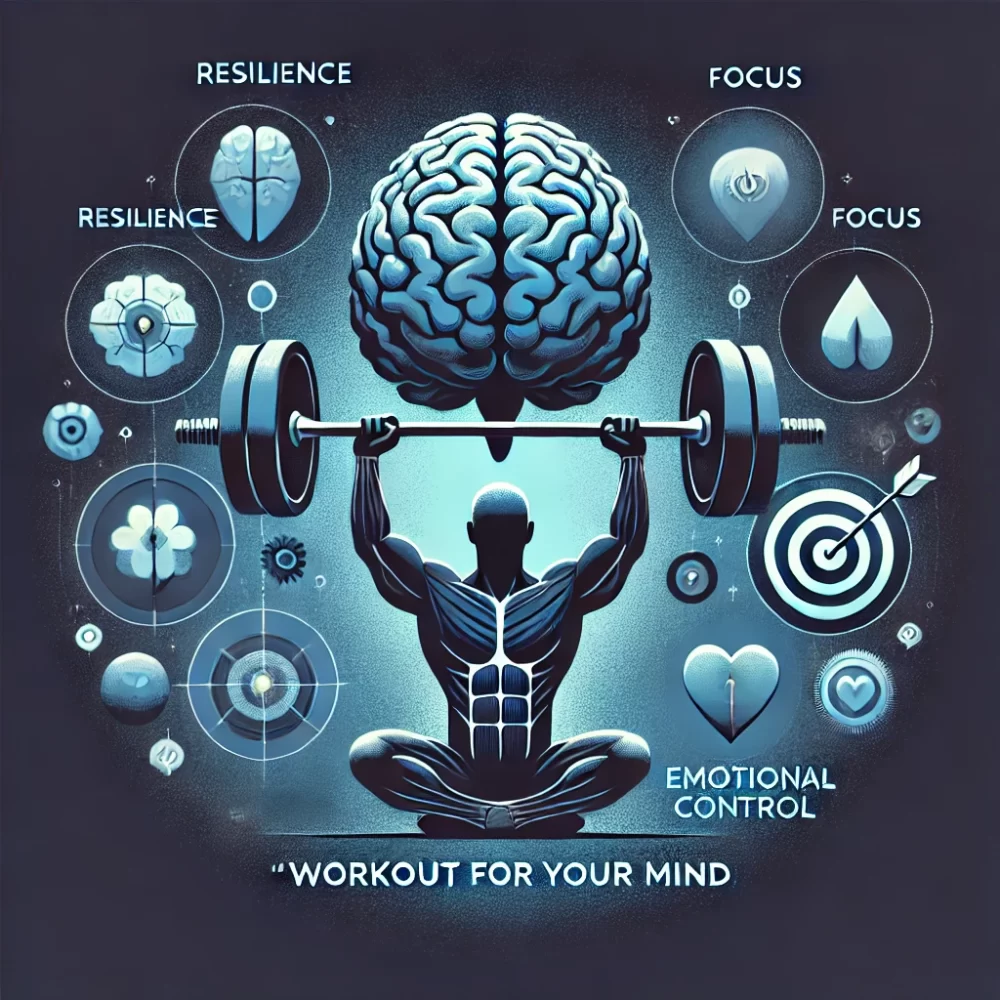In a fast-paced world filled with noise, expectations, and pressure, mental and emotional resilience is more valuable than ever. While others may crumble under stress or spiral into anxiety, those with emotional strength move forward with calm, clarity, and courage. But this type of inner strength doesn’t appear overnight—it’s built through intentional practices and consistent choices.
This article explores how to cultivate mental and emotional balance as part of your lifestyle, and how doing so can elevate every area of your life—from work to relationships to self-worth.
Why Mental and Emotional Strength Matters
Strength isn’t just about powering through. True inner stability means having the emotional flexibility to feel deeply and the mental discipline to act wisely.
People with emotional and mental strength:
- Stay composed under pressure
- Respond instead of reacting
- Process pain without avoiding it
- Make grounded decisions even when anxious
- Trust themselves deeply
In other words, they don’t let circumstances rule their minds. They lead from within.
Start With Self-Awareness
You can’t control what you don’t understand. Building strength starts with knowing your internal patterns.
Ask yourself:
- What situations trigger my anxiety, anger, or insecurity?
- How do I usually respond to emotional discomfort?
- What habits help me feel grounded and strong?
Write your answers down. Journaling builds clarity and helps you track emotional patterns. Without awareness, you’re simply reacting to life. With awareness, you gain the power to choose.
Learn to Sit With Discomfort
Emotional strength is not about feeling good all the time—it’s about staying present when things don’t feel good. Most people avoid uncomfortable emotions with distractions: food, scrolling, overworking, or shutting down.
But the strong learn to sit with pain, listen to it, and not panic. The discomfort is temporary. What lasts is the strength you gain from moving through it.
Set Boundaries That Protect Your Energy
Emotionally strong people aren’t afraid to say “no.” They understand that their peace is worth protecting. Boundaries are a form of self-respect.
Ask yourself:
- What conversations or environments drain me?
- Where do I feel guilted into saying “yes”?
- What limits do I need to set to feel stronger and safer?
Your mental health depends on the space you create to breathe and think clearly.
Create Mental Habits That Build Stability
Your mind becomes what you feed it. To build strength, you must consistently train your thoughts.
Daily mental habits:
- Practice gratitude (write down 3 things each day)
- Challenge negative thoughts (“Is this really true?”)
- Visualize successful outcomes
- Repeat affirmations that ground and empower you
- Avoid overconsumption of negative media
The brain rewires through repetition. Feed it the thoughts you want it to believe.
Practice Controlled Breathing and Mindfulness
Emotional storms often start in the body—racing heart, tight chest, shallow breath. The fastest way to calm your system is to take control of your breath.
Try this technique:
- Inhale slowly for 4 seconds
- Hold for 4 seconds
- Exhale for 6–8 seconds
- Repeat for a few minutes
Do this whenever you feel tension rising. Breath is your anchor.
Build Your Support System
Strength doesn’t mean isolation. Emotionally mature people lean on safe relationships when needed. They talk, reflect, and get support—not out of weakness, but out of wisdom.
Surround yourself with people who:
- Listen without judgment
- Hold space without trying to fix you
- Encourage growth, not drama
- Reflect your best self back to you
Connection heals what we can’t always fix alone.
Build a Strong Identity
When you know who you are, challenges don’t shake you. Emotionally resilient people define themselves by their core values, not by temporary emotions or external labels.
To strengthen your identity:
- Know what you stand for
- Define success in your own terms
- Detach from the need for constant approval
- Lead your life based on principles, not pressure
When life gets loud, your inner voice should stay louder.
Final Thought: Strength Is Quiet, Steady, and Earned
Mental and emotional strength isn’t about suppressing pain—it’s about being strong enough to face it. It’s not about being unaffected—it’s about being unbroken by what affects you.
You become stronger every time you choose reflection over reaction, intention over impulse, and courage over comfort.
This kind of strength isn’t dramatic. But it’s powerful. And it’s yours to build—one choice at a time.



